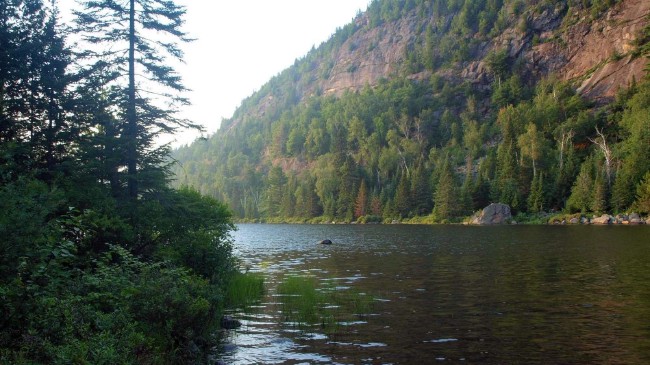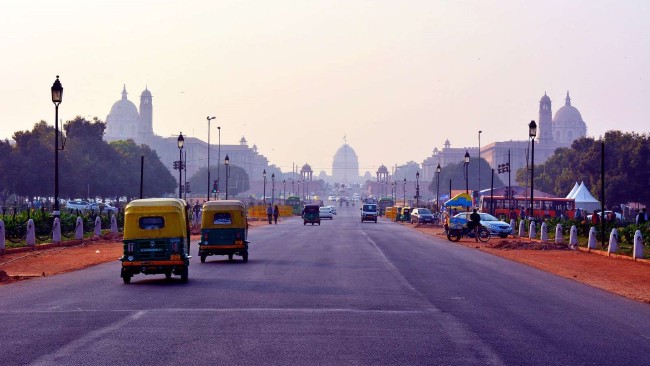
Australian bushfires yielded unexpected benefits and more.
- In Australia, the recent bushfires might have yielded significant environmental benefits. Indeed, researchers noticed that a tiny algae plant used the ashes that fell into the ocean to flourish, offsetting the fire’s carbon emissions. They expect these findings to extend beyond Australia and will pursue their study in the hope of finding solutions to climate change.
- The government of Alabama, USA, is amending its constitution to remove discriminatory language and the last remnants of the Jim Crow laws, which enforced racial segregation in the Southern states.
- According to research, new generations are more and more generous, and 84% of millennials donate to charitable organizations despite having a lower available income.
- Climate change experts predict that the ozone layer will fully heal within 50 years. Since the Montreal Protocol of 1987 banned CFCs, the layer has recovered at a rate of 1-3% per decade. At this rate, the northern hemisphere ozone should fully heal by the 2030s, followed by the southern hemisphere in the 2050s and polar regions by 2060.
- After Japan and South Korea, China has pledged to stop building coal-fired power plants abroad. This move could be instrumental in driving carbon emissions down. Indeed, these three nations are responsible for funding 95% of overseas coal-fired power plants.
Related Posts
Recycling gets you a free trip on the metro in Rome and more.
You can get a free trip on the metro in Rome by recycling 30 plastic bottles. During its first six weeks of operation, the Ricicli + Viaggi (Recycle + Travel) initiative processed over 350,000 plastic bottles and offered €17,500 worth of free travel.
Up to $340 million in new funding to support Indigenous-led conservation projects and more.
The Canadian government will provide up to $340 million in new funding to support Indigenous-led conservation projects over the next five years.
India has built 34,000 km of roads out of plastic waste and more.
India has built more than 34,000 km of roads out of plastic waste so far. Each km of these cheaper and stronger roads uses the equivalent of 1 million plastic bags.


